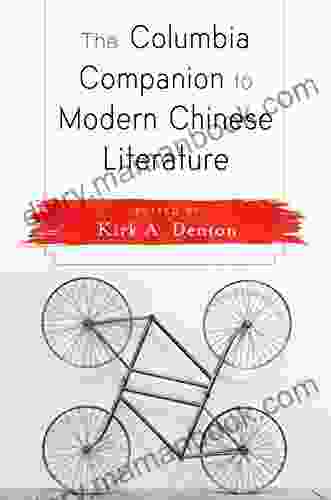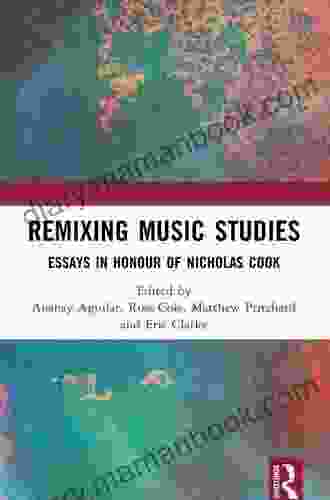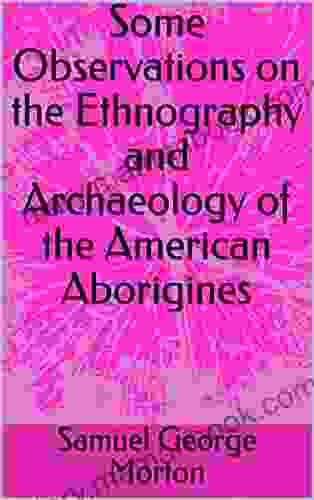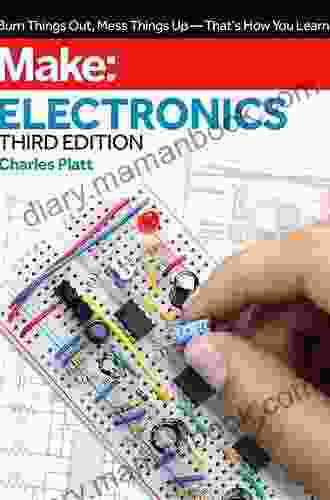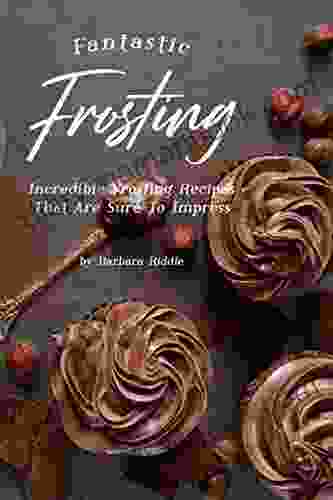The Columbia Companion to Modern Chinese Literature: Delving into a Century of Cultural Revolution and Contemporary Masterpieces

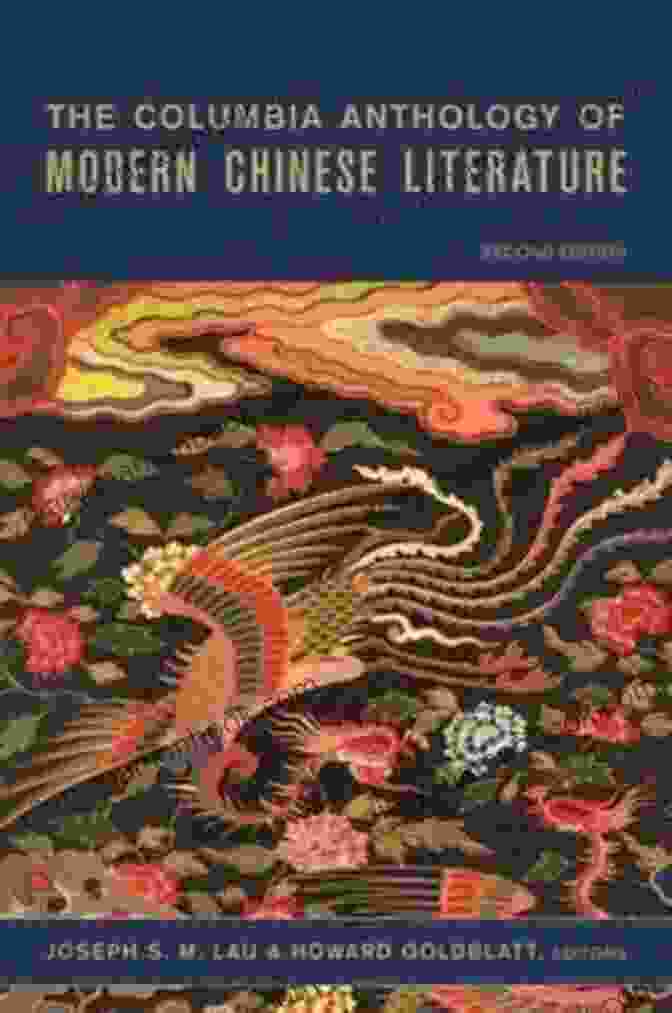
In the annals of world literature, Chinese literature stands as a towering beacon, its rich tapestry woven with profound insights into humanity, society, and the human condition. The Columbia Companion to Modern Chinese Literature, a seminal work edited by Professor David Der-wei Wang, offers an unparalleled exploration of this vibrant and multifaceted literary landscape, spanning a century of cultural revolution and contemporary masterpieces.
4.4 out of 5
| Language | : | English |
| File size | : | 11068 KB |
| Text-to-Speech | : | Enabled |
| Screen Reader | : | Supported |
| Enhanced typesetting | : | Enabled |
| Word Wise | : | Enabled |
| Print length | : | 490 pages |
The companion is a comprehensive guide to the major authors, genres, and movements that have shaped modern Chinese literature, from the tumultuous era of the Cultural Revolution to the dynamic present. It features contributions from a distinguished group of scholars, each providing in-depth analysis and insightful perspectives on the key figures and works that have left an indelible mark on Chinese literature.
Navigating a Century of Literary Evolution
The Columbia Companion to Modern Chinese Literature is not merely a collection of essays but a meticulously crafted narrative that traces the evolution of Chinese literature over a century marked by profound social, political, and cultural transformations.
The companion is divided into three parts: the first part, "The Crucible of Revolution (1949-1976)," delves into the tumultuous era of the Cultural Revolution, a period that profoundly shaped the landscape of Chinese literature. It examines the rise of socialist realism, the impact of political purges on literary expression, and the emergence of dissident voices that defied the prevailing orthodoxy.
The second part, "In the Shadow of the Revolution (1976-1989)," explores the post-Mao era, a time of both liberalization and repression. It sheds light on the "scar literature" that emerged in response to the Cultural Revolution, the rise of avant-garde movements, and the growing influence of Western literature on Chinese writers.
The third part, "Contemporary Chinese Literature (1989-Present)," brings us to the present day, showcasing the remarkable diversity and vitality of contemporary Chinese literature. It examines the emergence of a new generation of writers who have pushed the boundaries of literary expression, exploring themes of globalization, urbanization, and the search for identity in a rapidly changing world.
Unveiling a Galaxy of Literary Luminaries
The Columbia Companion to Modern Chinese Literature provides a comprehensive overview of the major authors who have shaped the course of Chinese literature over the past century. Each entry offers a biographical sketch, an analysis of the author's key works, and a discussion of their literary significance.
The companion features in-depth profiles of literary giants such as:
- Lu Xun, the father of modern Chinese literature, whose searing critiques of Chinese society remain as relevant today as when they were first penned
- Eileen Chang, a Shanghai-born writer known for her poignant and atmospheric stories exploring the complexities of human relationships
- Mo Yan, the Nobel Prize-winning author whose sprawling novels delve into the history and culture of rural China
- Yu Hua, a prolific and versatile writer whose works range from historical fiction to absurdist comedies
- Su Tong, a master of short stories known for his lyrical prose and exploration of the darker side of human nature
Exploring Diverse Genres and Literary Movements
Beyond its focus on individual authors, The Columbia Companion to Modern Chinese Literature also explores the diverse genres and literary movements that have characterized Chinese literature over the past century.
The companion examines the emergence of new literary forms, such as the short story, the novel, and the essay, and traces their evolution through different historical periods. It also discusses the influence of traditional Chinese literary forms, such as poetry and drama, on modern Chinese literature.
The companion also sheds light on the major literary movements that have shaped Chinese literature, from the May Fourth Movement to the Cultural Revolution and beyond. It examines the impact of these movements on literary aesthetics, themes, and the role of literature in society.
A Valuable Resource for Students, Scholars, and Literature Enthusiasts
The Columbia Companion to Modern Chinese Literature is an indispensable resource for students, scholars, and anyone interested in exploring the rich and diverse tapestry of modern Chinese literature. Its comprehensive coverage, insightful essays, and detailed author profiles make it a valuable reference guide for both beginners and seasoned scholars.
Whether you are a student studying Chinese literature, a scholar conducting research, or simply a reader fascinated by the world of Chinese literature, The Columbia Companion to Modern Chinese Literature is sure to provide you with a deeper understanding and appreciation of this vibrant and ever-evolving literary tradition.
4.4 out of 5
| Language | : | English |
| File size | : | 11068 KB |
| Text-to-Speech | : | Enabled |
| Screen Reader | : | Supported |
| Enhanced typesetting | : | Enabled |
| Word Wise | : | Enabled |
| Print length | : | 490 pages |
Do you want to contribute by writing guest posts on this blog?
Please contact us and send us a resume of previous articles that you have written.
 Top Book
Top Book Novel
Novel Fiction
Fiction Nonfiction
Nonfiction Literature
Literature Paperback
Paperback Hardcover
Hardcover E-book
E-book Audiobook
Audiobook Bestseller
Bestseller Classic
Classic Mystery
Mystery Thriller
Thriller Romance
Romance Fantasy
Fantasy Science Fiction
Science Fiction Biography
Biography Memoir
Memoir Autobiography
Autobiography Poetry
Poetry Drama
Drama Historical Fiction
Historical Fiction Self-help
Self-help Young Adult
Young Adult Childrens Books
Childrens Books Graphic Novel
Graphic Novel Anthology
Anthology Series
Series Encyclopedia
Encyclopedia Reference
Reference Guidebook
Guidebook Textbook
Textbook Workbook
Workbook Journal
Journal Diary
Diary Manuscript
Manuscript Folio
Folio Pulp Fiction
Pulp Fiction Short Stories
Short Stories Fairy Tales
Fairy Tales Fables
Fables Mythology
Mythology Philosophy
Philosophy Religion
Religion Spirituality
Spirituality Essays
Essays Critique
Critique Commentary
Commentary Glossary
Glossary Bibliography
Bibliography Index
Index Table of Contents
Table of Contents Preface
Preface Introduction
Introduction Foreword
Foreword Afterword
Afterword Appendices
Appendices Annotations
Annotations Footnotes
Footnotes Epilogue
Epilogue Prologue
Prologue Timothy Lorek
Timothy Lorek Kalman Applbaum
Kalman Applbaum C M Mordan
C M Mordan Emma Straub
Emma Straub Marcos Antonio Lavagnini
Marcos Antonio Lavagnini General
General John F Pleimann
John F Pleimann Rich Murphy
Rich Murphy Fleur Adcock
Fleur Adcock Caroline Leavitt
Caroline Leavitt Jon Clinch
Jon Clinch Dimitrios Kravvaris
Dimitrios Kravvaris Marcos C S Carreira
Marcos C S Carreira Jan Venolia
Jan Venolia David Baldacci
David Baldacci Albert Knapp Psyd Bcba D Rpt S
Albert Knapp Psyd Bcba D Rpt S Sophie Kerr
Sophie Kerr Jenny Thomas
Jenny Thomas Jeff Garrett
Jeff Garrett Monty Schwarzenberg
Monty Schwarzenberg
Light bulbAdvertise smarter! Our strategic ad space ensures maximum exposure. Reserve your spot today!
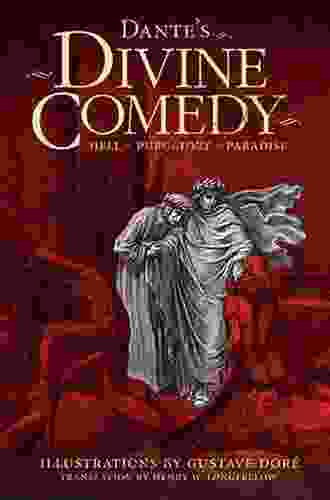
 Mason PowellThe Divine Comedy of Dante Alighieri: A Journey Through Hell, Purgatory, and...
Mason PowellThe Divine Comedy of Dante Alighieri: A Journey Through Hell, Purgatory, and... Owen SimmonsFollow ·16.7k
Owen SimmonsFollow ·16.7k Terry BellFollow ·14.4k
Terry BellFollow ·14.4k Quentin PowellFollow ·7.5k
Quentin PowellFollow ·7.5k Demetrius CarterFollow ·7.7k
Demetrius CarterFollow ·7.7k Trevor BellFollow ·12.2k
Trevor BellFollow ·12.2k Oscar BellFollow ·14.7k
Oscar BellFollow ·14.7k Charles DickensFollow ·17.4k
Charles DickensFollow ·17.4k Sidney CoxFollow ·14.9k
Sidney CoxFollow ·14.9k

 Jorge Luis Borges
Jorge Luis BorgesThe Truth About the 15 Qualities That Men Secretly Admire...
Every woman wants to be loved and...
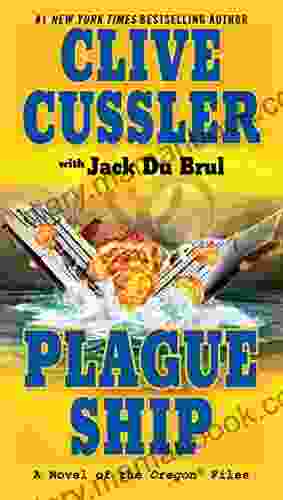
 Francisco Cox
Francisco CoxPlague Ship: Unraveling the Mystery of the Oregon Files
The Oregon Files, a collection of classified...
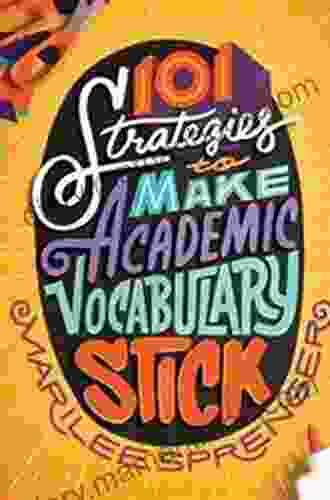
 Rudyard Kipling
Rudyard Kipling101 Strategies to Make Academic Vocabulary Stick: A...
Academic vocabulary is an...
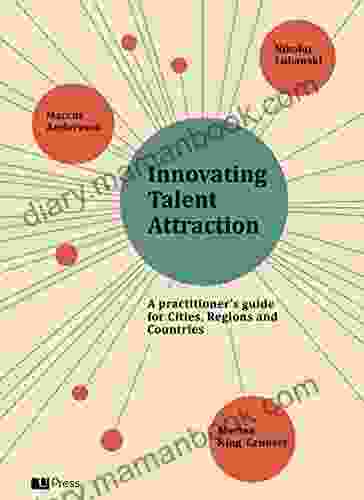
 Fletcher Mitchell
Fletcher MitchellPractitioner Guide for Cities, Regions, and Countries:...
The world is...
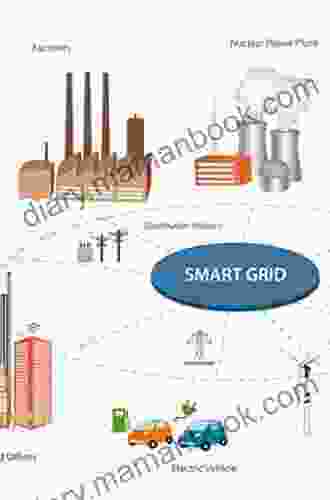
 Emilio Cox
Emilio CoxOptimization and Security Challenges in Smart Power Grids
Smart power grids (SPGs) are emerging as a...

 Chandler Ward
Chandler WardMiles Davis and the Civil Rights Movement in America: A...
Miles Davis, the iconic jazz...
4.4 out of 5
| Language | : | English |
| File size | : | 11068 KB |
| Text-to-Speech | : | Enabled |
| Screen Reader | : | Supported |
| Enhanced typesetting | : | Enabled |
| Word Wise | : | Enabled |
| Print length | : | 490 pages |


